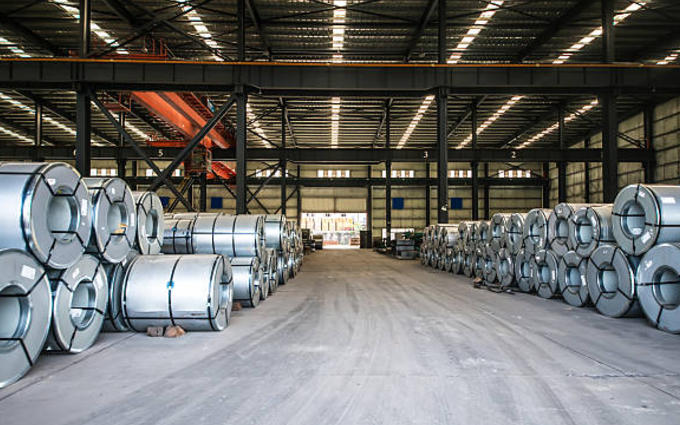Importing steel coil into Burundi requires careful planning and consideration of various factors such as costs, tariffs, delivery logistics, and the quality of the steel coil.
Understanding the Cost of Steel Coil
Factors Influencing Costs
- Global Steel Prices: The international market price of steel significantly affects the cost of steel coil.
- Supplier Selection: Costs may vary depending on the supplier’s location, production methods, and quality standards.
- Shipping Costs: The distance from the supplier to Burundi and the chosen shipping method (air, sea, or land) influence transportation costs.
- Customs and Tariffs: Import duties and taxes levied by the Burundian government.
- Storage and Handling: Warehousing, unloading, and internal transportation costs within Burundi.
Cost Management Tips
- Compare quotes from multiple suppliers.
- Use bulk purchasing to reduce unit costs.
- Opt for reliable shipping and logistics companies with competitive rates.
Tariffs and Import Regulations
Tariff Structure
- Import Duties: The percentage levied on steel coil imports, based on their classification under Burundi’s Harmonized System (HS) codes.
- Value-Added Tax (VAT): Additional taxes applicable on the value of goods and services.
- Other Fees: Administrative charges, inspection fees, and port handling fees.
Documentation Requirements
- Commercial Invoice: Detailing the price, quantity, and description of the steel coil.
- Bill of Lading (BOL): Proof of shipment and ownership.
- Certificate of Origin: Validates the steel’s country of production.
- Import License: Authorization from Burundi’s relevant authorities.
- Quality Certifications: Ensures compliance with safety and industry standards.
Delivery Logistics
Transportation Options
- Sea Freight: Ideal for bulk shipments. Requires delivery to the Port of Dar es Salaam or Mombasa, followed by road transport to Burundi.
- Air Freight: Faster but significantly more expensive, suitable for urgent or smaller shipments.
- Land Transport: Goods transported from neighboring countries via trucks.
Delivery Timeline
- Sea Freight: 4-6 weeks, depending on the supplier’s location.
- Air Freight: 1-2 weeks.
- Land Transport: 1-3 weeks from ports or neighboring countries.
Key Considerations
- Partner with experienced freight forwarders.
- Insure goods against transit risks.
- Ensure proper documentation to avoid customs delays.
What to Look Out for in the Steel Coil
Quality Factors
- Material Grade: Ensure the steel grade matches your project requirements.
- Thickness and Width: Confirm specifications to avoid mismatched sizes.
- Surface Finish: Inspect for rust, scratches, or other surface defects.
- Certifications: Verify that the coil meets international quality standards such as ASTM, ISO, or EN norms.
Supplier Credibility
- Research the supplier’s reputation and track record.
- Request samples or conduct a pre-shipment inspection.
- Confirm after-sales support and warranty terms.
Frequently Asked Questions (FAQ)
1. What are the average import duties for steel coil in Burundi?
Import duties typically range from 5% to 25%, depending on the classification under HS codes. Additional VAT may apply.
2. Can I import used steel coil into Burundi?
Yes, but it must meet specific quality and safety standards. Check with local authorities for restrictions.
3. How can I reduce shipping costs?
Opt for consolidated shipping or negotiate bulk rates with logistics providers.
4. What is the best way to verify the steel coil’s quality?
Conduct pre-shipment inspections and request quality certifications from the supplier.
5. Are there specific storage requirements for steel coil?
Yes, store coils in dry, ventilated spaces to prevent rust and damage.




